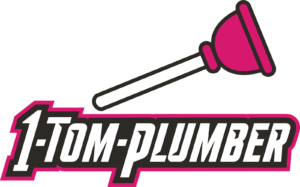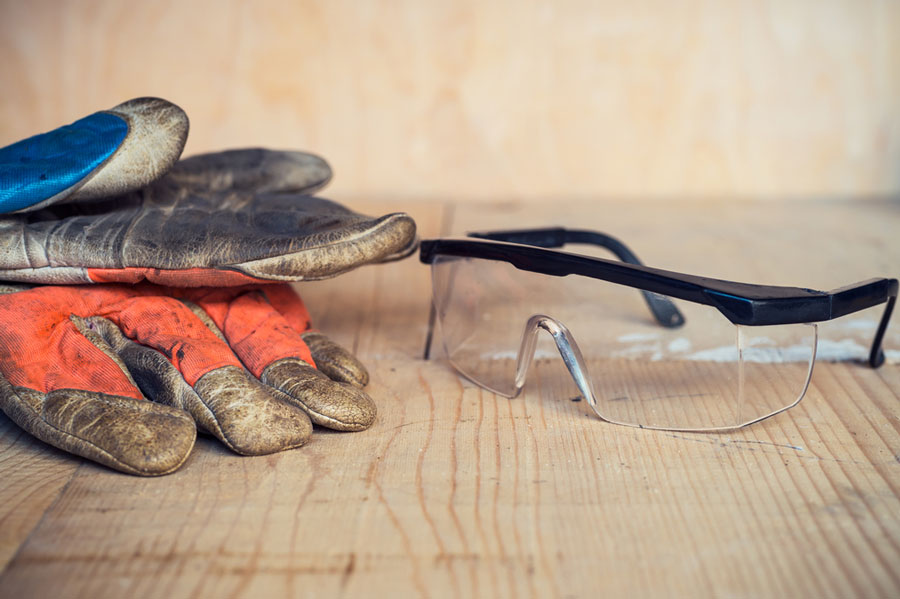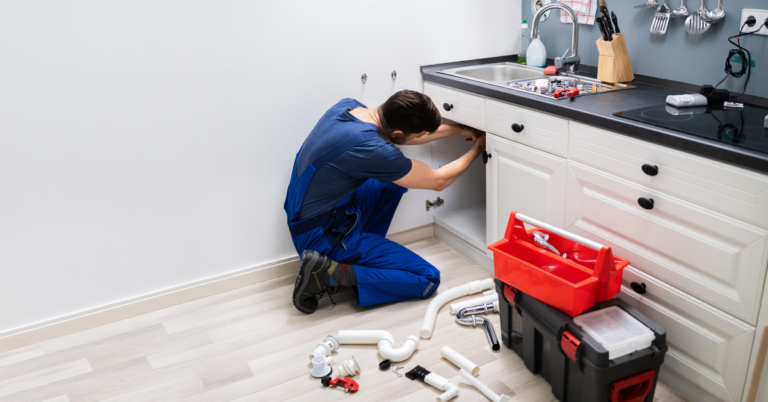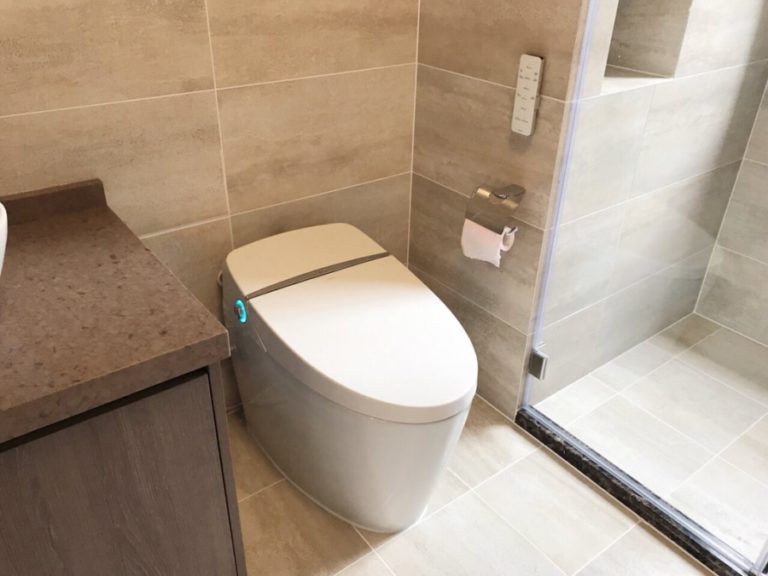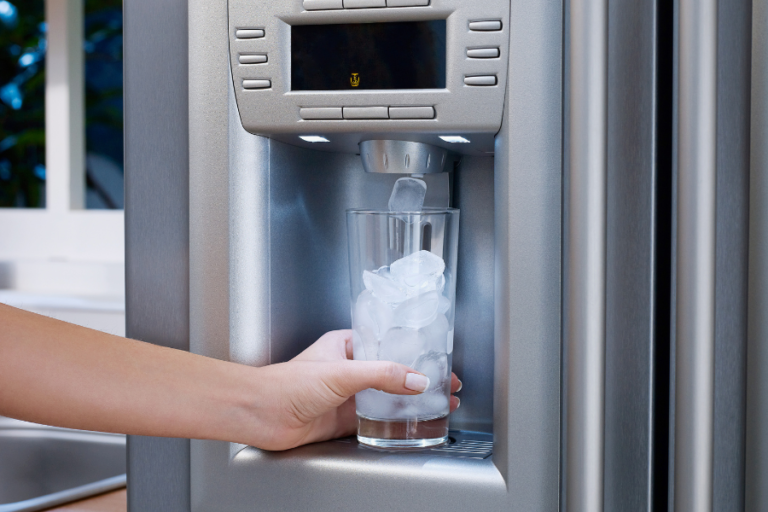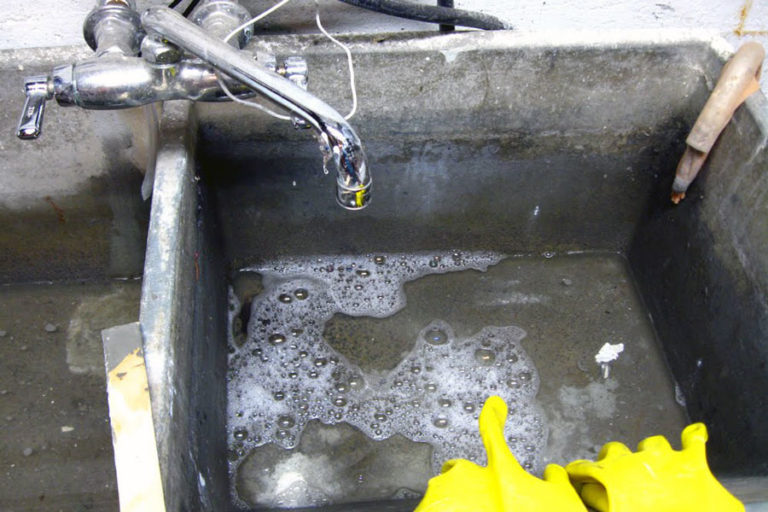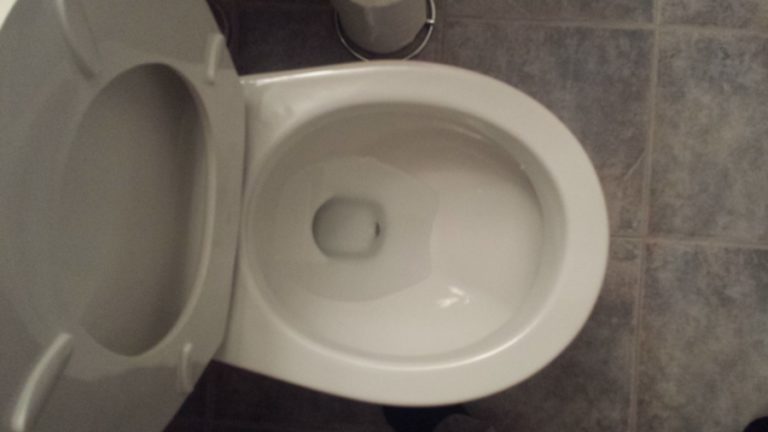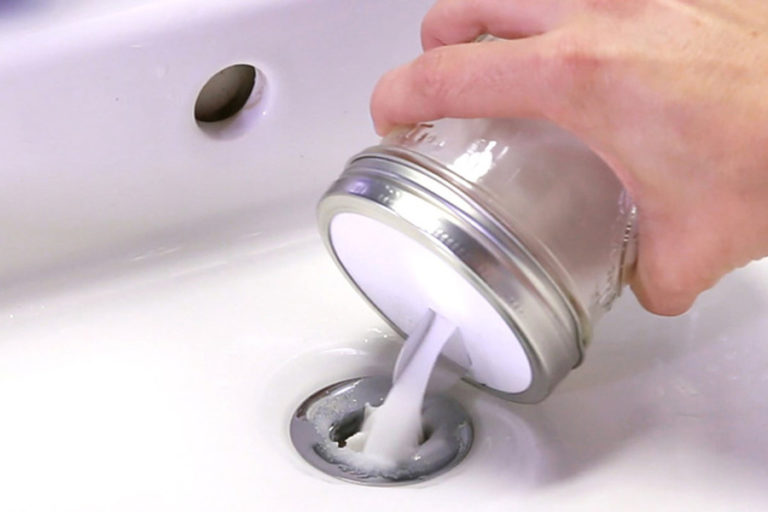Plumbing Safety Tips: 17 Ways to Prevent a DIY Disaster!
DIY plumbing repairs made around the house shouldn’t be more dangerous than their everyday use. In fact, proper repairs will prevent hazardous conditions caused by wear and neglect.
The list of plumbing safety tips below covers fundamental guidelines for the safe use and repair of your home’s plumbing system.
17 Plumbing Safety Tips
Here are 17 safety tips that are fundamental in keeping you and your home safe from harm and disasters. Familiarize yourself with these safety tips and you’ll be on your way to smoothly complete a disaster-free project.
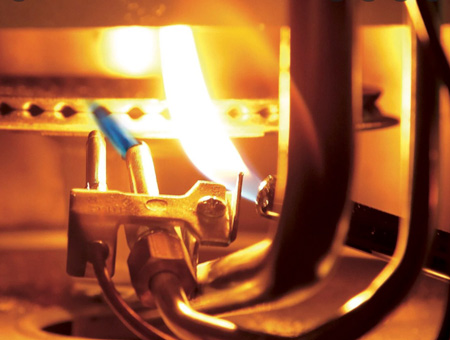
- Know where the individual water shutoff valves are for each of your water-supplied fixtures (washer, dishwasher, faucets, toilets, etc.), as well as the main shutoff valve for your entire home.
- Before servicing a water-using appliance, unplug the power cord or disconnect power at the service (electrical) panel. Leave a note on the panel so no one reconnects the power while you’re working.
- Light and ventilate the work area well and don’t reach into any area you can’t see clearly.
- Beware of sharp metal edges and pointed screws. Pad them with masking tape or wear heavy work gloves to prevent cuts and abrasions.
- Wear eye protection when using a propane torch, hammering, sawing, filing, and working with overheat pipes.
- Wear rubber gloves to handle caustic chemicals like drain cleaners (we recommend that you don’t use chemical drain cleaners at all).
- When using a propane torch for loosening rusted fittings or sweat soldering, have a fire extinguisher at hand and protect flammable materials with a fireproof shield.
- Be careful when using power tools in damp areas or around metal pipes. If possible, plug the tool into a grounded or GFCI-protected outlet.
- Do not use a power auger for clearing drains unless you are confident in working with power tools.
- Except for temporary repairs in an emergency, use only materials permitted by local plumbing codes. If in doubt, check with local authorities before working on your system.
- Complete the repair before reconnecting the water, electricity, or gas. Open the supply lines slowly at first to allow air to escape, then full to flush debris from the pipes and faucet.
- If you replace a section of metal pipe with plastic, check to see if the original pipe was part of the house’s electrical grounding system. Have an electrician install a grounding jumper to maintain continuity.
- If hot water is not used for two 2 weeks or more, hydrogen can build up in the water heater and pipes. Before turning on appliances that use water, run all hot water taps in the house to clear out the gas.
- Let a water heater cool before starting repairs, and never light a flame while working on a gas heater (unless, of course, you’re relighting the pilot).
- Create a boundary around water heaters so children stay a safe distance away from them.
- Post copies of emergency, utility company, and repair service numbers near all your major fixtures (washer, water heater, sump pump, bathroom, kitchen, etc.).
- Finally, if you’re ever in doubt about the safety of a plumbing repair, call a trusted plumber.
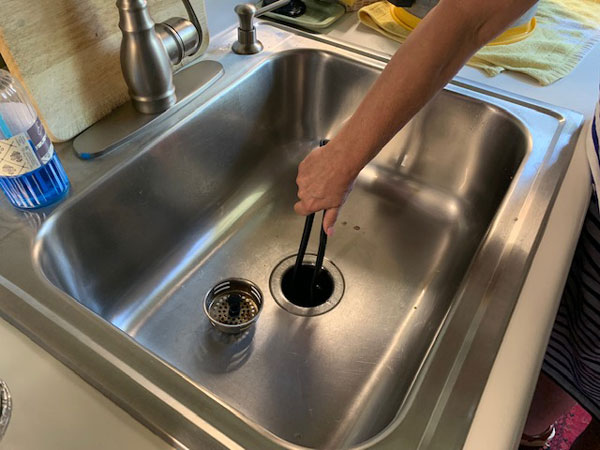
Final Thoughts: Plumbing Safety Tips
Most DIY plumbing projects are relatively safe. But let’s face it, the worst always happens when we least expect it. And the data proves it. According to the National Safety Council, nearly 54 percent of all accidents with injury occur at home.
Adhering to these 17 DIY plumbing safety tips can greatly reduce that number and keep you plumbing to your heart’s content!
Related Resources
- Where is my main water shut off valve?
- Emergency plumbing services: frequently asked questions
- Gas water heater safety
- Are chemical drain cleaners safe?
- How to relight your water heater pilot light safely
- It’s a plumbing emergency. Do you have the right tools?
Call 1-Tom-Plumber
Don’t hesitate to contact us here or call us at 1-Tom-Plumber (1-866-758-6237) if you need help making safe repairs to your plumbing.
1-Tom-Plumber’s certified team of plumbers and drain technicians respond immediately to any emergency plumbing, drain cleaning, or water damage problem. We also handle the excavation of underground water lines and sewer main lines. Our immediate-response team is available every day and night of the year, even on holidays.
